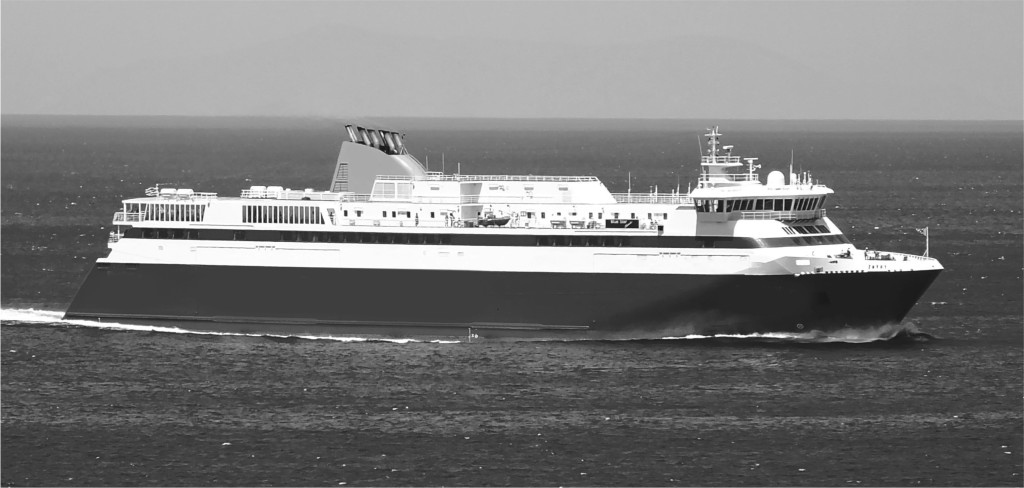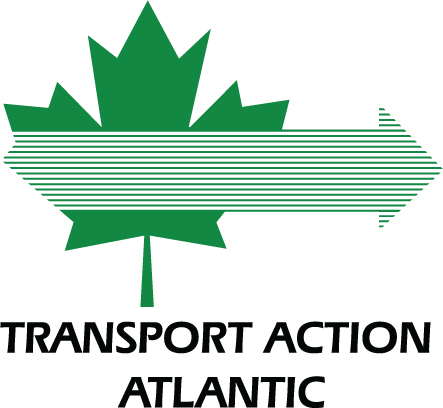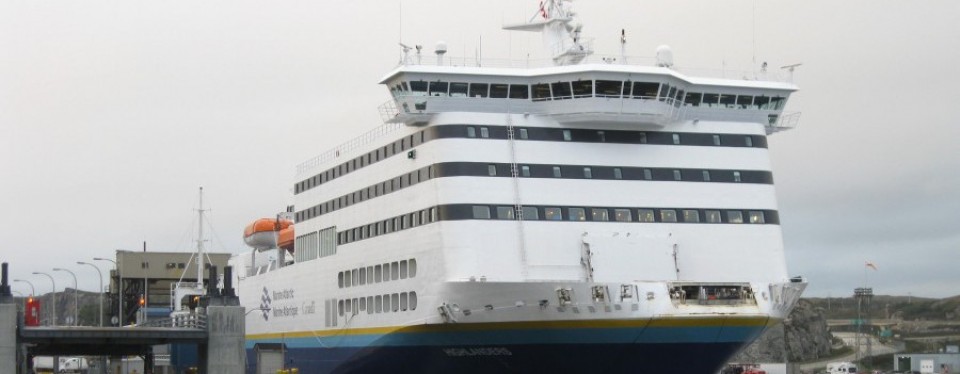
PHOTO: Bay Ferries
A new and faster ship will enter service on the Saint John-Digby run later this year. Purchased by Transport Canada for $45 million, the former Greek Islands ferry sailed into the Bay of Fundy in early December, and after test docking at the terminals proceeded to Halifax for a refit. Temporarily named Canada 2014, the 15-year-old vessel is expected to replace the aging Princess of Acadia before summer. A rechristening ceremony is planned to apply a new name, to be selected by the federal government from among online submissions from the general public.
Don Cormier, vice-president of operations with Bay Ferries Limited, says the work required before the ship enters service includes ensuring that all Canadian standards and regulations are met, overhauling the main engines to operate on cleaner-burning marine diesel fuel, and upgrading onboard amenities. The actual specifications were still being developed by the federal public works department in January, and Mr. Cormier expects the refit will require at least 10 weeks to complete. However, the ship should be ready to enter service by late spring.
Scheduling options are currently being examined, in consultation with commercial customers. Some concern had been expressed that the new vessel can only carry about 15 tractor-trailer units – significantly fewer than the 45-year-old Princess. But Mr. Cormier points out that the replacement ship is much faster, with a maximum service speed of up to 24 knots. This would permit two round trips within a 12 to fourteen-hour operating day, if demand requires it – especially at times of peak commercial volume.
Another advantage, according to Danny Bartlett, vice-president responsible for finance and marketing, is that automobiles and trucks will travel on separate decks – which should improve the overall customer experience. The new ferry, he says, will also have a separate lounge for commercial drivers, a business centre with wi-fi, and onboard entertainment during certain seasons of the year. There’s also a sheltered open air deck, where food and beverage service and live music could be offered on summer crossings.
With four engines, the new ship also promises greater reliability. Typically only two engines would be online at any one time, allowing routine mechanical maintenance and repair to be performed while in service.





